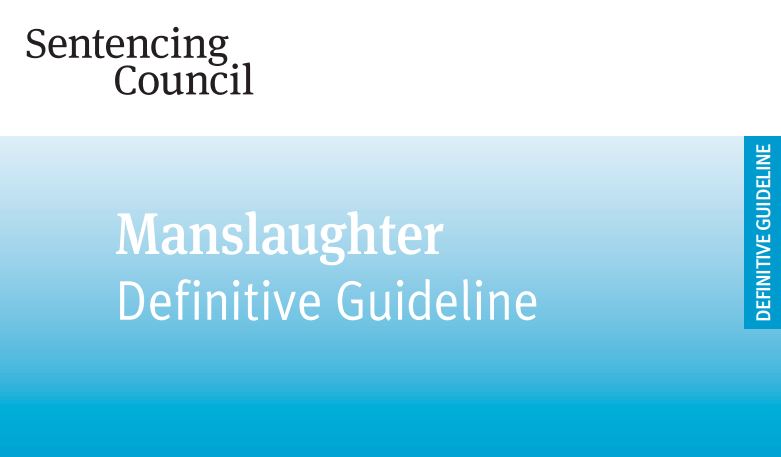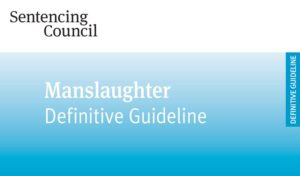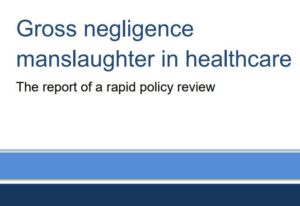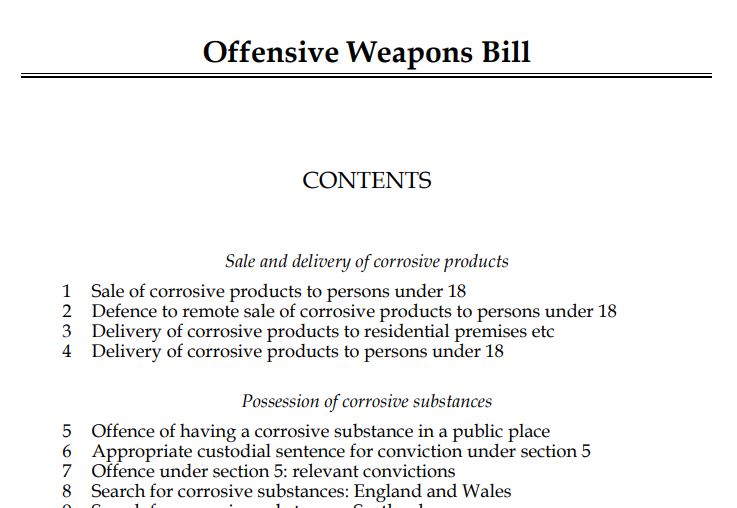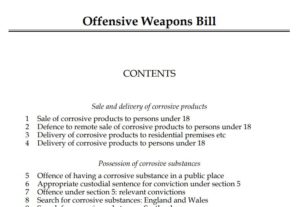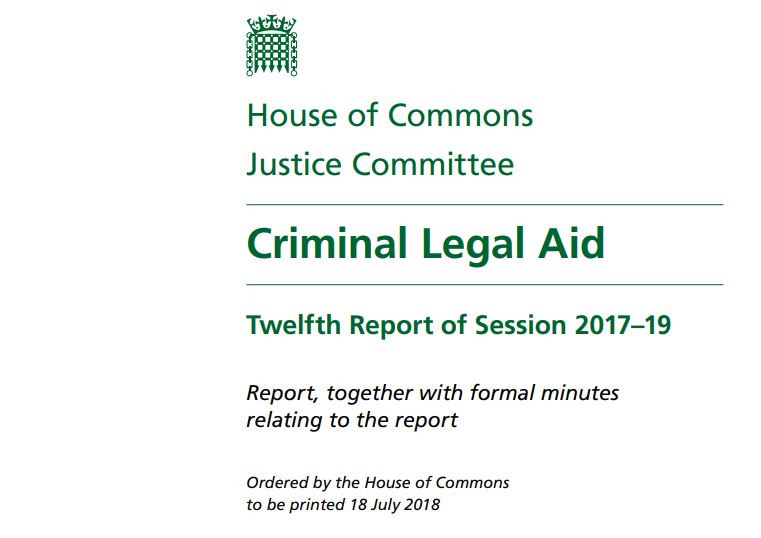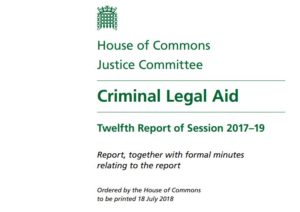Category Archives: News
A police interview under caution will be an opportunity for a suspect to provide the police with their defence to criminal charges. There may be circumstances in which a suspect with a defence nevertheless exercises their right to silence. You can read more about that option here.
Using a prepared statement instead of answering questions
An alternative to a suspect answering police questions will be to use a prepared statement. If a suspect later faces trial for an allegation, Magistrates or a Crown Court jury might be asked to draw conclusions about the truthfulness of any account given. This could happen where an accused relies on a fact in their defence at court that it was reasonable for them to mention in interview.
The benefit of seeking our free and independent legal advice in police interview is that we will advise you of the approach to take that is in your best interests having considered all of the circumstances.
Our advice is subject to legal privilege and therefore private
Any advice that we give to you and your instructions that allow us to give that advice are confidential and subject to legal privilege. We can only disclose your instructions and our legal advice with your permission.
A written statement reduces the risk of adverse inferences
Following advice, a decision might be made that it is more appropriate for you to set out your defence in a written statement that can be read out by your legal adviser at the start of the interview. Thereafter you would be advised not to answer any of the questions put to you.
Any fact mentioned in a prepared statement will be something mentioned in when questioned by the police. As a result it may go some way to preventing any adverse inferences being drawn by the court at trial following a ‘no comment’ interview. The effectiveness of the prepared statement is likely to depend upon how forthcoming you are in providing full instructions.
A prepared statement allows a suspect to control easily the amount of information that they disclose to the police. It means that the police have less information to question a suspect on than if they answered questions. Once questions are answered, it is far easier for an interviewing officer to probe for any problems or inconsistencies or to elicit further information.
When might we advise that you use a prepared statement?
Our solicitors and accredited representatives recognise that each case is different and our advice will depend upon the evidence the police hold and your instructions.
Such a statement might be appropriate where it is clear to your legal adviser that the police are not providing full disclosure of the evidence that they hold and may surprise a suspect during interview with new information.
Where in normal circumstances we might advise a client to answer questions in full, it may be that there are particular reasons for you to submit a prepared statement instead. These might include:
- Where a suspect is vulnerable and might not do themselves justice in interview were they to answer questions
- A suspect may be unable to withstand the pressure created by the interview process
- Circumstances in which a suspect is reluctant to speak candidly with their adviser
- An interview may provide additional information to the investigating officer that will not assist the suspect
- It may be appropriate to deny certain facts and avoid admitting others, particularly where this may disclose further offending
When should I hand in my prepared statement?
You will receive advice as to when it is appropriate to make your prepared statement. It might be after initial interviews in order that we know the case against you. It might be at the end of all of the interviews. There is a final opportunity to do so on charge.
In some cases the contents of the statement will not be disclosed to the police in any interview, but will dated, timed and signed by you and only produced if there is sufficient evidence to take your case to court.
Who drafts the statement?
Your solicitor or accredited police station representative will draft the statement for you in accordance with your instructions. It will be designed to mention all of the necessary information to reduce the risk of an adverse inference. This is important as it is likely to be used at trial in one form or another if you are charged.
Always seek our free and independent advice in police interview
All the advice that we give you will be with your best interests as our sole consideration. The only reason that we are there is to try and ensure the best possible outcome for you.
We have the experience to consider not only the immediate situation of your police detention but also what may happen should your case come to court.
We aim to make what might be difficult decisions easier for you and relieve some of the pressure that you will feel as a result of being interviewed.
As a result you can see that it is vital that you ask for our free and independent advice in police interview. A number of other benefits to having legal advice can be found here.
We provide nationwide advice and assistance in the police station from our offices across the East Midlands. You can find your nearest office here. Our expert representation is available 24 hours a day, 7 days a week.

Alternatively you can use the contact form below:


